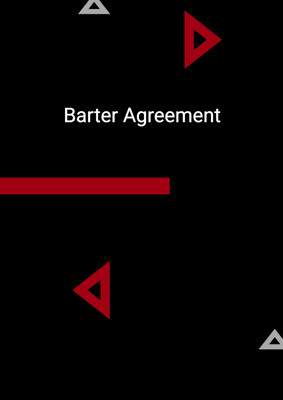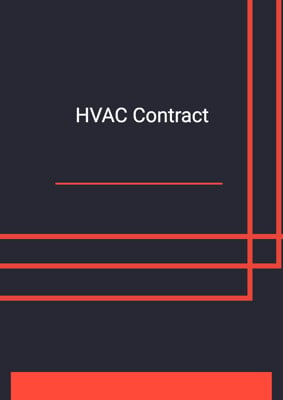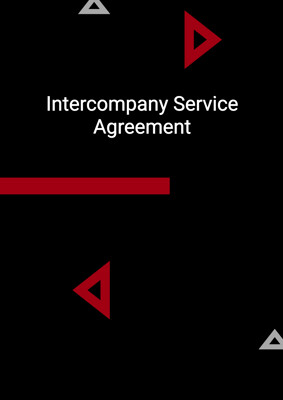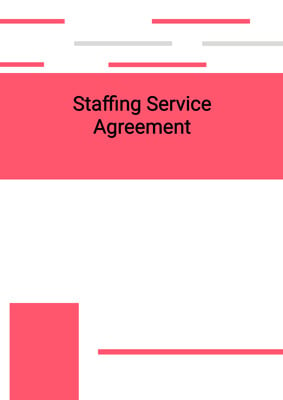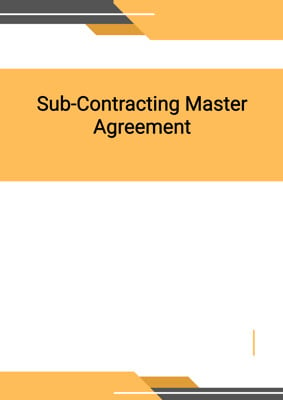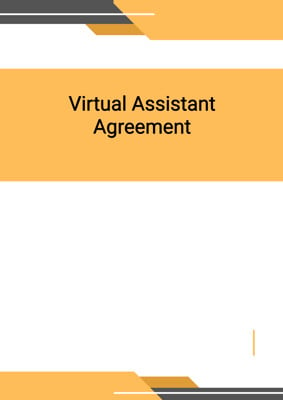How to Tailor the Document for Your Need?
01
Create Document
Fill in the details of the parties. You can click the "Fill with Member’s Information" button to complete it with information saved to your account.
02
Fill Information
Please fill in any additional information by following the step-by-step guide on the left hand side of the preview document and click the "Next" button.
03
Get Document
When you are done, click the "Get Document" button and you can download the document in Word or PDF format.
04
Review Document
Please get all parties to review the document carefully and make any final modifications to ensure that the details are correct before signing the document.
Document Preview
Document Description
The SEO Service Agreement is a document that outlines the terms and conditions for the provision of search engine optimization (SEO) services by a company to a client. The document begins by highlighting the importance of the agreement, emphasizing the role of SEO in improving the quality of website traffic through search engines. It then provides a detailed introduction to the entire document, explaining that it is a legally binding agreement between the company and the client.
The document is divided into several sections, each addressing different aspects of the agreement. The first section, titled 'Interpretation,' defines key terms used throughout the document. It explains that the agreement refers to any agreement made subject to the terms and conditions outlined in the document, while the services refer to the specific SEO services to be provided by the company.
The next section, titled 'Company's Obligations,' outlines the responsibilities of the company. It states that the company agrees to use its professional knowledge and skills to provide the SEO services to the client. It also highlights the company's obligation to comply with all applicable laws and regulations, including those related to anti-bribery and corruption, and data protection. The section further explains that any services outside the scope defined in the agreement will require a separate agreement between the parties.
The following section, titled 'Client's Responsibility,' outlines the responsibilities of the client. It states that the client shall provide the necessary information, access, passwords, and assistance to the company to deliver and complete the services. It also highlights the need for the client to appoint a competent person in charge to act as the client's representative.
The section titled 'Service Fees' addresses the payment terms. It states that the client shall pay the company a service fee in consideration for the services rendered. It explains that late payment may result in additional charges and the possible termination of the agreement. The section also clarifies that the fees exclude any applicable taxes, which shall be invoiced separately.
The next section, titled 'Liability of the Company,' outlines the company's liability in case of breach of its obligations. It states that the client's sole remedy in such cases is to require the company to carry out remedial services. It also specifies that the company shall not be liable for indirect or consequential losses and that its total liability shall not exceed the total fee for the services.
The section titled 'Intellectual Property' addresses the ownership of intellectual property rights. It states that the company shall retain ownership of its intellectual property rights, while the client shall hold the intellectual property rights in any work product resulting from the services. It further explains that the client is granted a license to use the company's intellectual property rights for the duration of the service period.
The section titled 'Confidentiality' addresses the confidentiality of information exchanged between the parties. It states that each party shall not disclose any confidential information of the other party, except as permitted by the agreement. It also clarifies that the parties shall use the other party's confidential information only for the purpose of performing their obligations under the agreement.
The section titled 'Term and Termination' specifies the duration of the agreement and the conditions for termination. It states that the agreement shall be effective for a specified period or until the completion of the services, unless terminated earlier. It outlines the conditions under which either party may terminate the agreement, including non-payment or breach of material provisions.
The section titled 'No Rights under Contracts for Third Parties' clarifies that third parties have no right to enforce the terms of the agreement.
The section titled 'Governing Law and Jurisdiction' states that the parties shall use their best efforts to resolve any disputes amicably. It also specifies the jurisdiction for any legal proceedings.
The section titled 'Notices and Service' explains the methods of delivering notices between the parties. It provides details on the timing and means of delivery.
The section titled 'Nature of Agreement' clarifies that the agreement does not create a partnership or employer-employee relationship between the parties. It also states that the company is an independent contractor hired by the client.
The section titled 'Force Majeure' addresses the parties' obligations in case of events beyond their control. It states that neither party shall be in breach of the agreement if the delay or failure to perform is due to such events.
The section titled 'Assignment' clarifies that the company may assign the agreement or subcontract the performance without the client's prior written consent.
The final section titled 'Nature of Agreement' emphasizes that the agreement sets out the entire agreement between the parties and supersedes any previous agreements. It also includes provisions regarding the modification, validity, and enforceability of the agreement.
The document concludes with the signatures of the authorized representatives of both parties.
How to use this document?
1. Provide information: Enter the Contractor's and Customer's information in the agreement, including their principal place of business. This ensures that both parties are clearly identified.
2. Specify price and completion date: Clearly specify the agreed price and completion date of the work to be carried out by the Contractor. This will ensure that both parties are aware of the expectations and deadlines.
3. Describe services: Clearly describe the type(s) of services to be provided by the Contractor. This ensures that both parties are aware of the scope of work and can avoid any misunderstandings.
4. Agree on length of warranty and time of payment: Both parties should agree on the length of warranty and time of payment after the completion of the work. This ensures that both parties are aware of the payment terms and the length of the warranty.
5. Specify damages: If the work is not completed by the completion date, specify the amount of damages per week that the Customer is entitled to. This ensures that both parties are aware of the consequences of non-completion.
6. Review and sign the agreement: Both parties should carefully review the agreement and make any necessary revisions. Once both parties are satisfied with the terms, they should sign the agreement to make it legally binding.
7. Provide necessary information and access: The Client should provide the Contractor with any information, access, passwords, and assistance required to deliver and complete the services. This will ensure a smooth execution of the project.
8. Appoint a competent person in charge: The Client should appoint a competent person to act as their representative and liaise with the Contractor regarding the services. This will facilitate effective communication and coordination.
9. Timely payment: The Client should ensure timely payment of the service fees as agreed upon in the agreement. Failure to make timely payments may result in additional charges or termination of the agreement.
10. Maintain confidentiality: Both parties should respect the confidentiality of any information exchanged during the course of the agreement. They should only use the confidential information for the purpose of performing their obligations under the agreement.
11. Monitor and evaluate the services: The Contractor should continuously monitor the effectiveness of the SEO services and provide monthly reports to the Client. The Client should review these reports and provide feedback or raise any concerns.
12. Termination: If either party wishes to terminate the agreement, they should provide written notice to the other party as specified in the agreement. The terminating party should comply with any outstanding payment obligations.
13. Seek legal advice if needed: If either party has any doubts or concerns about the agreement or its implications, they should seek legal advice to ensure their rights and interests are protected.
14. Keep records: Both parties should maintain copies of the signed agreement and any related documents for future reference and record-keeping purposes.
Not the right document?
Don’t worry, we have thousands of documents for you to choose from:







